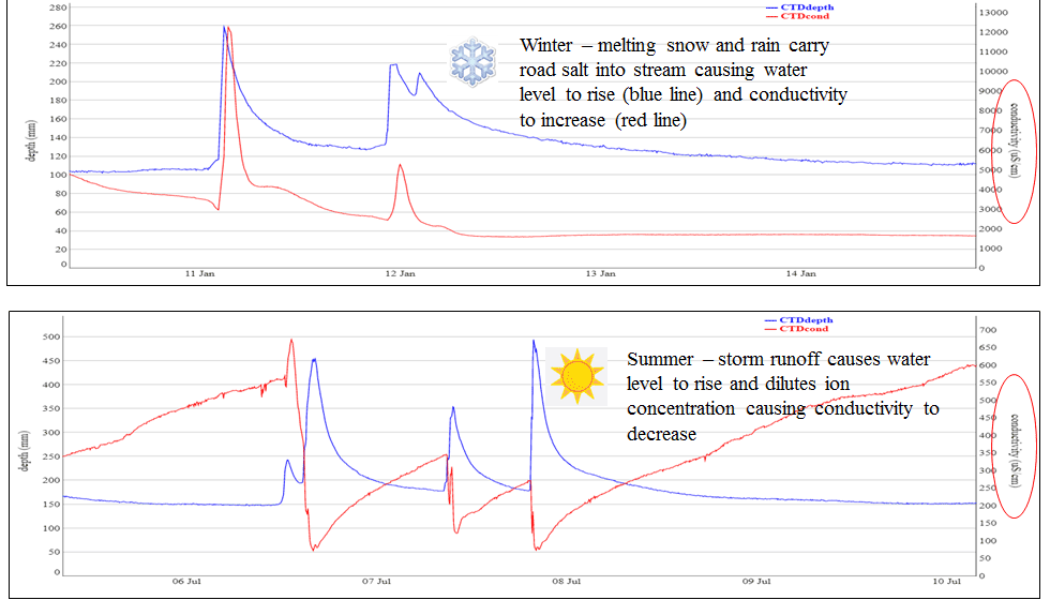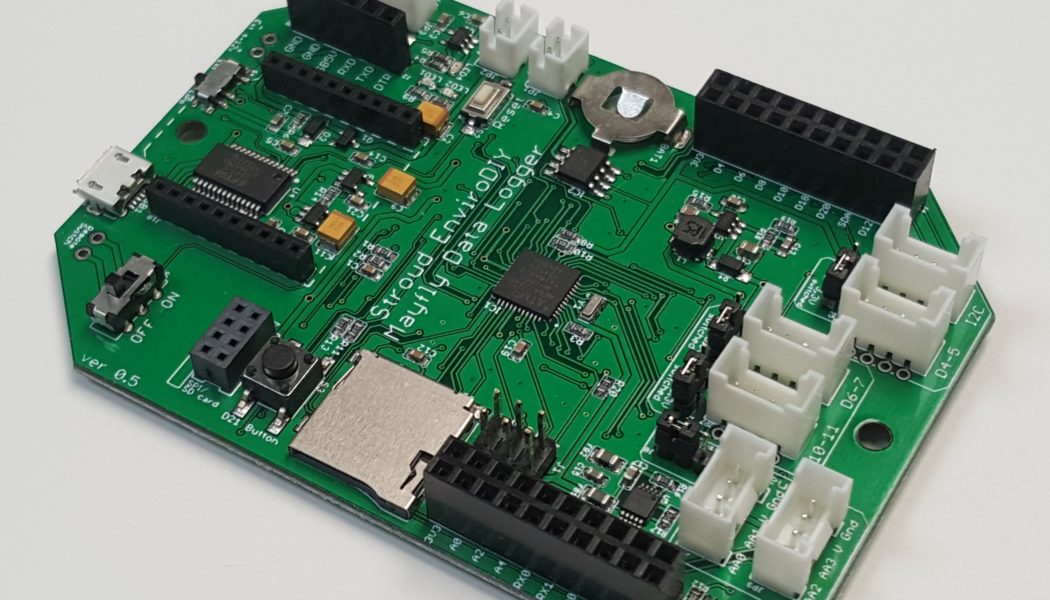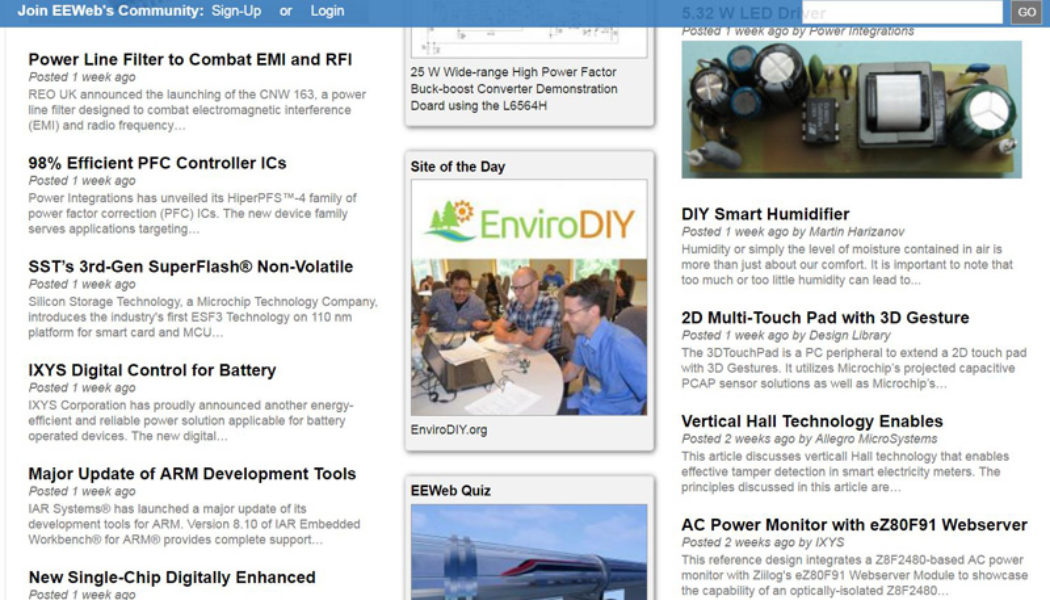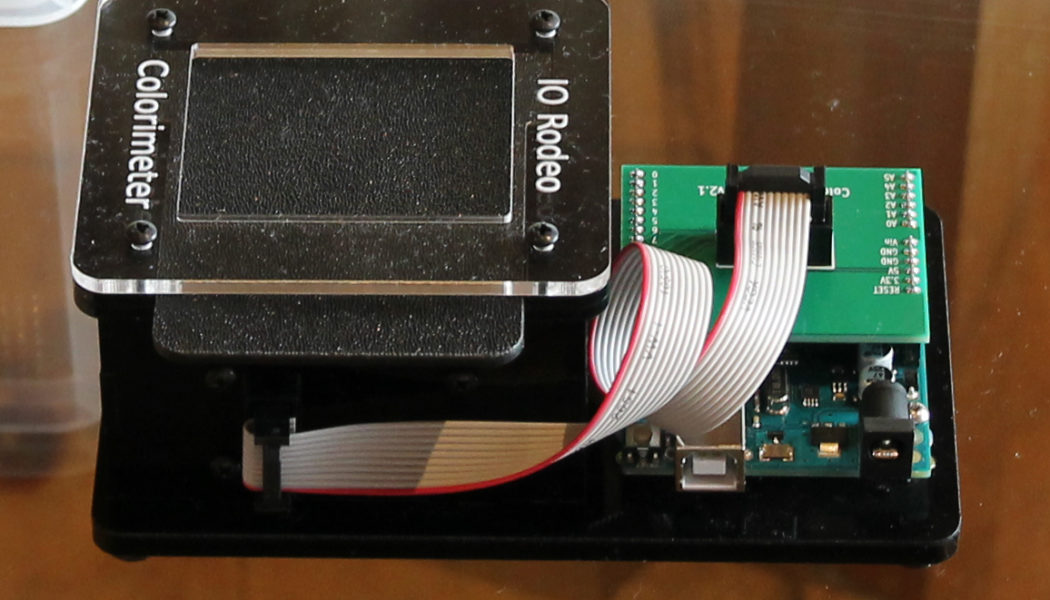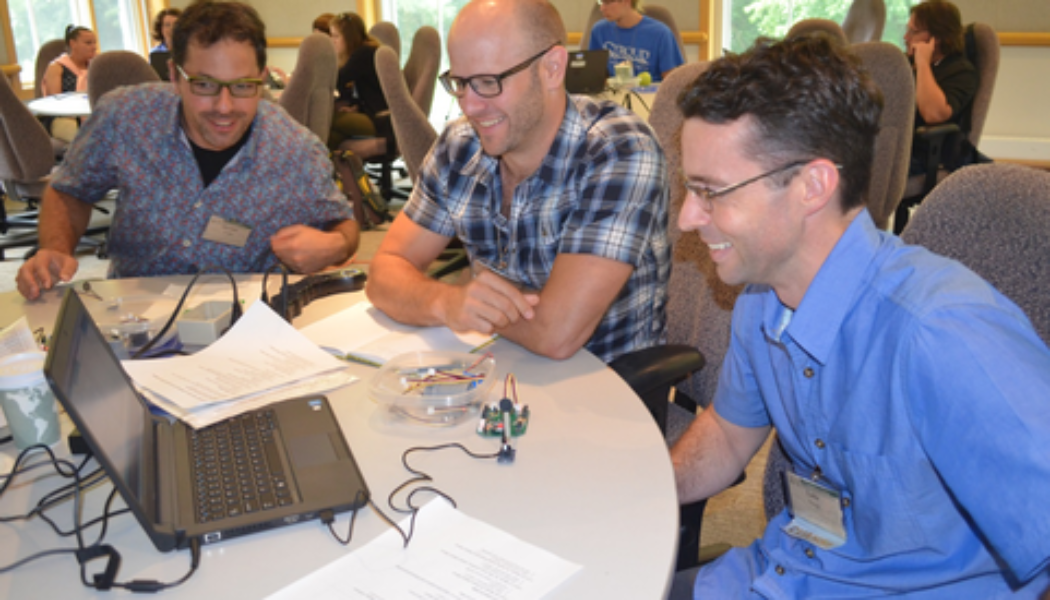 Welcome to EnviroDIY, a community for do-it-yourself environmental science and monitoring. EnviroDIY is part of WikiWatershed, an initiative of Stroud Water Research Center designed to help people advance knowledge and stewardship of fresh water.
Welcome to EnviroDIY, a community for do-it-yourself environmental science and monitoring. EnviroDIY is part of WikiWatershed, an initiative of Stroud Water Research Center designed to help people advance knowledge and stewardship of fresh water. New to EnviroDIY? Start here
Blog
EnviroDIY Sensors Track Road Salt Levels in Streams
During 2017, Stroud Water Research Center provided over 30 EnviroDIY sensor stations to watershed groups working in the Delaware River Basin to support monitoring, education, and outreach.
Webinar: Do-It-Yourself, Real-Time, Low-Cost Environmental Monitoring Solutions
Introducing resources and tools you can use to build data loggers that can form the core of your DIY freshwater or terrestrial monitoring system.
Features of the new Mayfly v0.5
A few weeks ago we released the latest hardware version of the Mayfly board, version v0.5. Here are the all of the new features that were added to the board for this release: The board now accepts an external voltage of 4 to 12 volts. The previous board versions couldn’t accept anything higher than 6v on the external power input without causing some overheating on a regulator and some powe...[Read More]
EnviroDIY Featured on EEWeb
EnviroDIY.org was featured as EEWeb’s Engineering Website of the Day on April 5, 2017. EEWeb is an electrical engineering community website that offers product news and highlights, articles, projects, an electronics forum, and much more. Check them out at EEWeb.com.
Arduino based water quality measurement by IO-Rodeo
I had the joy of traveling to Bhutan in November 2015 with a delegation from Stroud Water Research Center and Waterkeeper Alliance. Among our goals was to provide our Bhutanese colleagues at Clean Bhutan and government agencies with water quality monitoring tools and methods that are low cost, accurate, sustainable, and adaptable to their needs to help them monitor their own water quality. Shannon...[Read More]
EnviroDIY Funded! Workshop Plans for 2017
Expanding EnviroDIY training with grants from William Penn Foundation and Environmental Protection Agency

